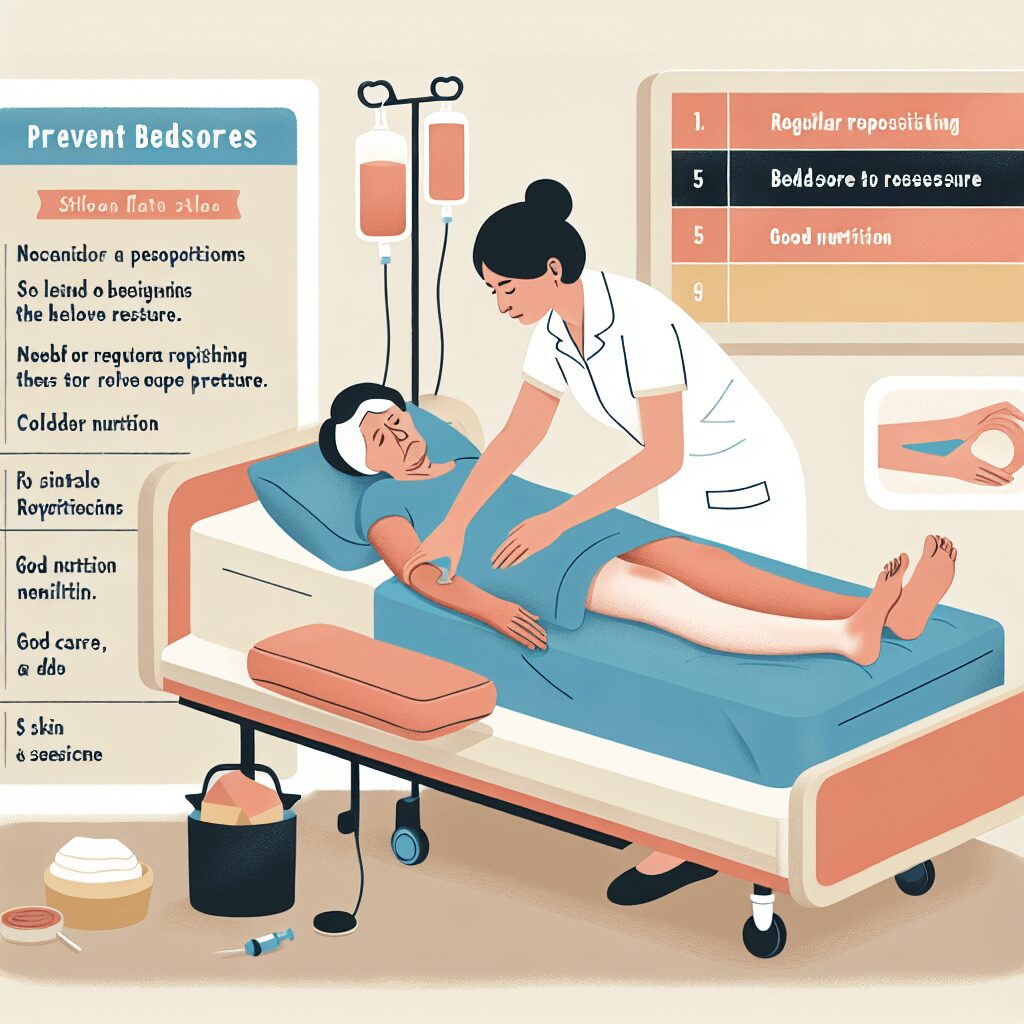Occupational therapists work with children to enhance their skills and participation in daily activities. They take a comprehensive approach to tackle various diagnoses with effective interventions. Therapists work together with parents and concentrate on real-life activities in natural settings. They aim to improve motor skills, behavior, cognition, and function to develop essential skills for daily life. Pediatric occupational therapy interventions, which are evidence-based and family-centered, are crucial for promoting children’s development and participation.
Overview of Pediatric Occupational Therapy Interventions
Definition of Pediatric Occupational Therapy Interventions
Pediatric occupational therapy interventions focus on facilitating children’s participation in daily life activities through a developmental approach. These interventions are personalized to address the unique needs of each child, considering factors such as age, diagnosis, and family priorities. Pediatric occupational therapists use play-based interventions to engage children in therapy sessions and promote skill development in a fun and interactive manner.
Additionally, sensory integration techniques are integrated into interventions to help children regulate their sensory experiences and improve their performance in functional tasks. By combining play, sensory integration, and specific activities tailored to each child’s needs, pediatric occupational therapy interventions aim to enhance children’s motor skills, hand-eye coordination, and overall development.
Importance of Effective Interventions
Pediatric occupational therapy interventions are important for children’s progress. Therapists can improve skills like hand-eye coordination and sensory integration by using play-based activities. These interventions are fun and educational.
Therapists assess the child’s needs and create tailored interventions. They also educate parents to support their child’s progress at home. These interventions are crucial for promoting skill development and social participation.
Therapists use evidence-based practices to help children with self-care habits, sleep routines, and dressing skills. Effective interventions lead to better outcomes and success in children’s development and daily life.
Effective Strategies for Pediatric Occupational Therapy Interventions
Individualized Intervention Plans
In pediatric occupational therapy, intervention plans are personalized for each child’s specific needs and goals.
Strategies like play-based interventions, coaching, and social participation are used to enhance the effectiveness of the plans.
Occupational therapists focus on tasks, activities, and skill development, addressing motor skills, hand-eye coordination, and sensory integration.
Evaluation helps assess the plans’ effectiveness and make adjustments for optimal outcomes.
Therapists implement treatment ideas, skills training, and activities to promote child development, self-care, and family-centered care.
Evidence-based practice and a developmental approach guide the creation of these tailored plans.
They assist children in improving self-management, sleep routines, dressing, and handwriting.
Through a sensory approach, parent education, and assistive tech, therapists aim to enhance children’s well-being and life experiences.
Incorporating Play into Occupational Therapy Activities
In pediatric occupational therapy, play is important for enhancing therapy outcomes.
By using play-based interventions, therapists create engaging sessions that help children learn new skills and participate in daily activities.
For example, playing games can improve hand-eye coordination and sensory integration during therapy.
Through play, children can develop motor, cognitive, and social skills in a natural and fun way.
Including play in therapy sessions can boost engagement and functional skills in pediatric clients.
This child-centered approach aligns with the focus on family-centered care, making therapy more interactive and effective.
Play-based interventions can target daily tasks like self-care, dressing, and sleep routines for a well-rounded approach to children’s well-being.
Utilizing Sensory Integration Techniques
Sensory integration techniques are important in pediatric occupational therapy.
Therapists use play-based interventions to help children with sensory processing, motor skills, and social participation.
Interactive games and sensory experiences can improve a child’s hand-eye coordination and performance in daily tasks.
Tailoring these techniques to each child’s needs is essential for effective treatment and skill development.
Occupational therapists focus on child development using a developmental and holistic sensory approach.
They also provide coaching and educate parents on evidence-based treatment strategies.
By targeting specific skills like handwriting or dressing, therapists help children improve their daily life activities.
Engaging children in fun and educational activities can improve their quality of life during therapy.
Benefits of Pediatric Occupational Therapy Interventions
Improvement in Motor Outcomes
Pediatric occupational therapy interventions help improve motor outcomes in children. They focus on skill acquisition and participation in daily life activities.
Occupational therapists enhance hand-eye coordination, sensory integration, and fine motor skills through play-based interventions. They use strategies like scooter board exercises, visual skills exercises, and sensory experiences.
These interventions not only develop motor skills but also boost overall development and well-being. They promote participation in tasks like dressing and self-care routines.
Occupational therapists prioritize the child’s needs by utilizing evidence-based treatments. They tailor interventions to support the child’s motor skill development.
In pediatric occupational therapy, the focus is on engaging children in fun and educational activities. This approach aims to enhance their skills and improve their quality of life.
Enhanced Behavioral Outcomes
Pediatric occupational therapy interventions help children improve behaviors through play and skill training.
Therapists use evidence-based practice guidelines to focus on social participation and functional tasks.
They coach children in sensory and motor skills to promote engagement and skill development.
Specific treatments like sensory integration and handwriting practice enhance hand-eye coordination and daily tasks.
These interventions prioritize self-care routines and self-management skills in children.
Enhanced behaviors not only support participation but also overall success in daily life.
Occupational therapists in Florida and beyond emphasize play, education, and therapy to support children’s development and well-being through family-centered care and the co-op approach.
Development of Cognitive Skills
Cognitive skills in children develop through pediatric occupational therapy interventions. These interventions focus on engaging activities and hands-on experiences. Occupational therapists use play-based interventions to promote cognitive development, such as game-based activities and sensory approaches.
By incorporating sensory integration techniques, children can enhance their cognitive skills through participation and engagement in functional tasks. Activities like sensory experiences and interactive games can help improve cognitive performance and hand-eye coordination.
Occupational therapy interventions also involve coaching and education for parents. This helps them prioritize cognitive skill training in their child’s daily life. By integrating sensory techniques and play into therapy sessions, children can enhance their cognitive abilities, leading to better outcomes in school and daily activities.
Enhanced Social Participation
Pediatric occupational therapy interventions have different strategies to improve social participation.
-
A key approach is to incorporate play into therapy activities. This can enhance social interactions and performance in group settings.
-
It is also important to use sensory integration techniques. These activities help children develop skills like hand-eye coordination and sensory processing.
-
Therapists can effectively promote social participation in children and youth by focusing on play-based interventions and a developmental approach.
-
Evidence-based practice guidelines and treatment options are crucial. They help therapists prioritize social participation in therapy, resulting in better outcomes.
Importance of Parent Partnership in Pediatric Occupational Therapy Interventions
Collaboration with Parents for Consistent Intervention
Parents are really important in pediatric occupational therapy. When they actively join in, they help their child a lot. Working closely with the therapists, they can better help their child in therapy. Attending educational sessions for parents and coaching activities really gives them good ideas about how to help at home.
Their involvement boosts the child’s performance in daily activities. It also helps in developing skills that can be used outside therapy. Parents have a big part in encouraging play, using senses, and training skills at home. They can focus on tasks like dressing, self-care, and bedtime to help the child with therapy goals.
By taking a developmental and cooperative approach, parents become important partners in their child’s therapy journey. This partnership creates a supportive environment for the child to grow and progress well.
Empowering Parents to Support Child’s Progress
Parents can support their child’s progress in occupational therapy through play-based interventions at home.
They can use games and activities targeting skills like hand-eye coordination and motor skills to enhance development.
Collaboration with the therapist to understand intervention goals is crucial.
Parents can also provide sensory activities, establish therapy routines, and encourage functional tasks like dressing and writing.
Guidance from the therapist empowers parents to prioritize their child’s needs, whether focusing on self-care or social interaction.
Creating a supportive environment for engagement and practice helps improve the child’s performance in daily activities.
Evidence-Based Pediatric OT Interventions
Evidence-based pediatric occupational therapy interventions focus on play-based activities, coaching, and tailored treatments.
Such interventions aim to enhance children’s daily life skills and engagement.
Occupational therapists follow guidelines and use research-supported methods to address specific developmental needs.
Play and functional tasks help children acquire skills, improve social interactions, and develop self-management abilities.
A sensory approach and parental guidance are crucial for successful interventions.
Therapists also incorporate assistive technology and orthotics as needed.
They target motor skills, hand-eye coordination, and self-care routines effectively.
By working with families and taking a developmental approach, therapists improve occupational therapy outcomes for children.
Overall Trends in Pediatric Occupational Therapy Interventions
Current trends in pediatric occupational therapy interventions focus on promoting participation in functional tasks through play-based methods. Therapists use a developmental approach to address children’s motor skills, sensory integration, and hand-eye coordination.
By incorporating game-like activities and coaching, children engage in therapy to improve their performance in daily life tasks. Therapy also involves educating parents on supporting their child’s self-care, sleep routines, and dressing skills at home. Research guides therapists toward evidence-based practice and treatment options.
Interventions emphasize sensory experiences to aid in children’s development. Therapists are exploring the use of new technologies like orthotics and treadmill training to boost sensory integration and motor skills. Collaboration between therapists and families in a family-centered care approach is crucial for successful outcomes in pediatric occupational therapy.
FAQ
What are some common pediatric occupational therapy interventions used to improve fine motor skills?
Some common pediatric occupational therapy interventions used to improve fine motor skills include hand strengthening exercises, play dough activities, using tongs or tweezers to pick up small objects, and practicing handwriting with correct pencil grip.
How can sensory integration therapy benefit children with sensory processing issues?
Sensory integration therapy can benefit children with sensory processing issues by providing activities to help regulate their sensory input, improve motor skills, and enhance their ability to participate in daily tasks. For example, incorporating weighted vests or brushes can help with sensory modulation.
What is the role of play-based therapy in pediatric occupational therapy interventions?
Play-based therapy in pediatric occupational therapy interventions helps children develop skills through play activities. It allows them to work on motor skills, social skills, and emotional regulation in a fun and engaging way. Examples include using games, toys, and imaginary play to promote learning and growth.
What are some strategies for addressing behavior challenges in pediatric occupational therapy sessions?
Some strategies for addressing behavior challenges in pediatric occupational therapy include incorporating sensory activities, providing positive reinforcement, setting clear expectations, and using visual schedules. For example, offering a fidget toy during tasks or using a token system for rewards.
How can parent involvement enhance the effectiveness of pediatric occupational therapy interventions?
Parent involvement enhances pediatric occupational therapy interventions by promoting the carryover of therapy goals at home, reinforcing skills through practice, and providing valuable insights for therapists. For example, parents can incorporate therapeutic activities into daily routines or observe their child’s progress outside of therapy sessions.
Unlock your child’s potential with ABET Life Home Health & Caregiving’s specialized pediatric occupational therapy interventions. Our in-home services provide tailored strategies to improve motor skills, sensory processing, and daily living activities, all designed to support your child’s growth and independence. Contact us today to learn more about our personalized and compassionate care.








